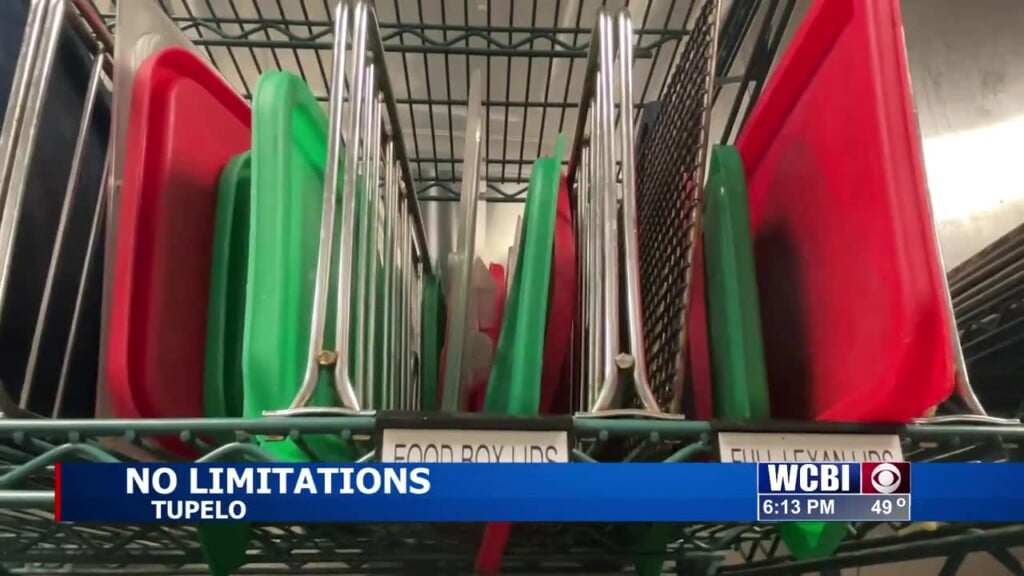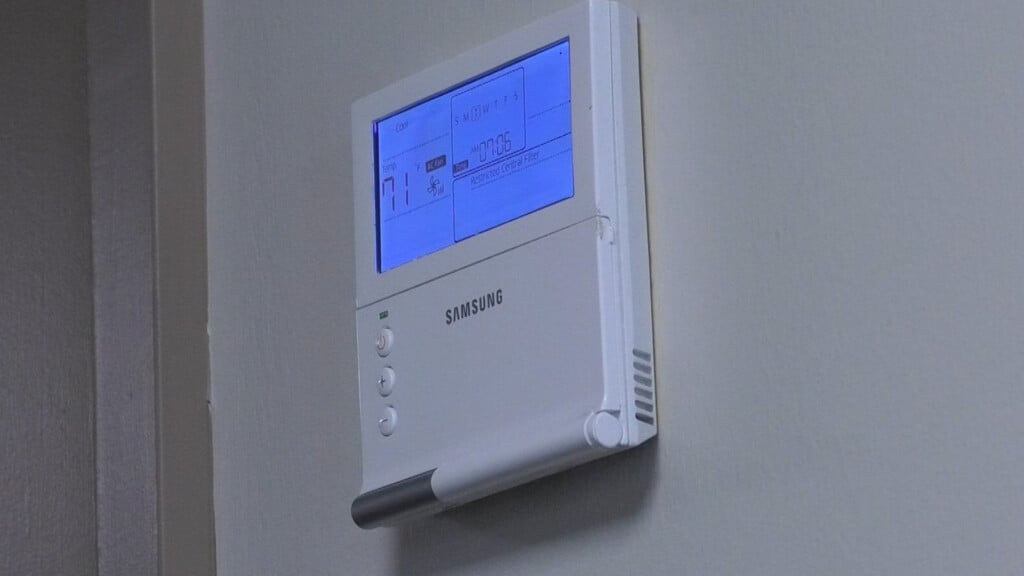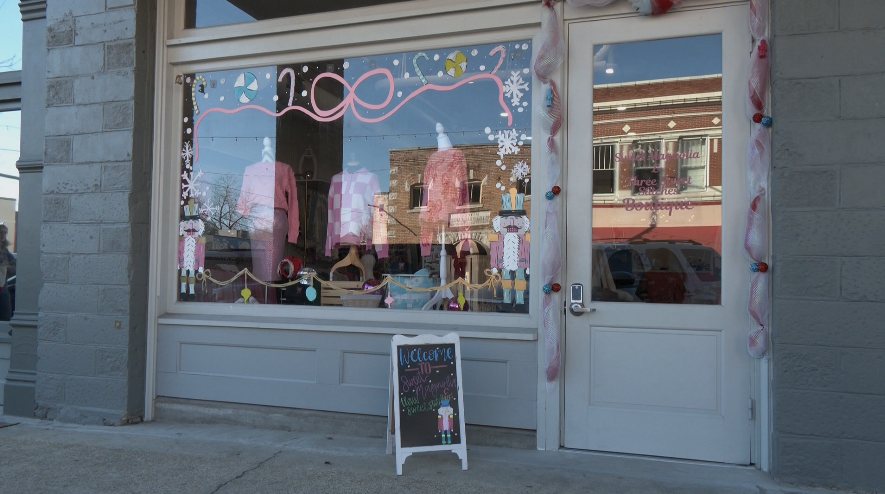Man who says clinic used his sperm for 17 kids: “It’s overwhelming”
“There needs to be some control,” he said. “To flood a zone with a bunch of genetic material is completely irresponsible.”
Thirty years ago, Cleary was a medical student at Oregon Health and Science University. According to the lawsuit, he was recruited by the school’s fertility clinic to donate sperm for infertile couples and research programs. Cleary alleged that he was “promised” that “all fertilizations would be limited to women… Not residing anywhere near the state of Oregon and the Pacific Northwest” and that “no more than five children would be born of a donor’s sperm.”
“I don’t know if it was written down,” Cleary said. “I know that it was promised.”
In 2018, Cleary registered with ancestry.com. He said he was shocked to learn he had at least 17 offspring, all born in the Northwest.
“And when the scope of this became so big, it’s overwhelming,” he said.
One of his recently discovered children is 25-year-old Allysen Allee. “It’s definitely emotional, and it’s definitely shocking,” Allee said.
Allee has already met some of her new siblings. As more and more people get genetic testing, she expects to hear from others.
“My kids could potentially be friends with, or later on date, cousins…” she said. “Some siblings went to the same schools at one point.”
“Could be churches, basketball games, pot lucks,” said CBS News correspondent Jamie Yuccas.
“Yeah, you just don’t know,” Allee said.
“My grandkids are going to have to get DNA kits before they seriously date,” Cleary said. “That’s a problem.”
Dov Fox, the University of San Diego’s director for health law policy and bioethics, agrees. “There’s no meaningful regulation on this $6 billion industry,” he said. “So sperm banks don’t keep track of how many people are created from any particular donor […] It’s hard to be all that surprised when mishaps take place.”
Oregon Health and Science University said in a statement that it “treats any allegation of misconduct with the gravity it deserves,” but added that “In light of our patient privacy obligations and the confidentiality of protected health information, we cannot comment on this case.”
© 2019 CBS Interactive Inc. All Rights Reserved.





Leave a Reply